
Books have the power to transport us anywhere, but some authors make that journey feel like coming home. Black writers across the globe have been reshaping literature with stories that challenge, inspire, and heal. Their voices cut through borders, and their storytelling knows no boundaries. Here are 10 authors who will change how you see the world.
Chimamanda Ngozi Adichie (Nigeria)
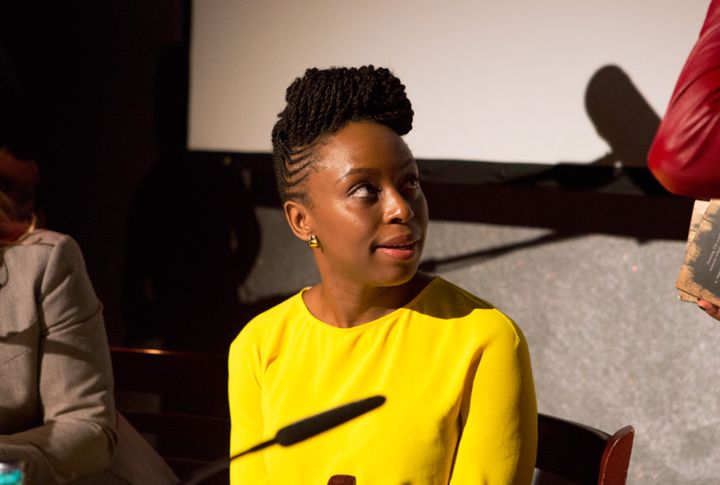
At only 29, Chimamanda Ngozi Adichie earned the Orange Prize for Fiction for “Half of a Yellow Sun”—most authors spend decades before receiving such recognition. Her book explores Nigeria’s brutal civil war through the eyes of ordinary people. Beyonce sampled Adichie’s TED Talk about gender equality in the song “Flawless.”
James Baldwin (United States)
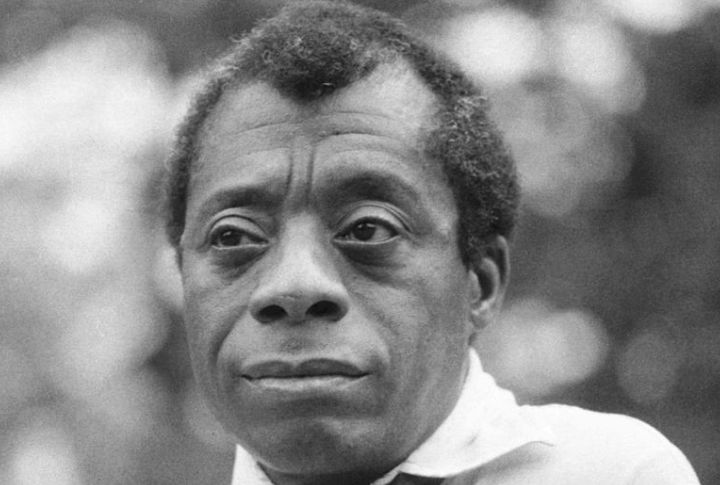
Fleeing the suffocating racism and homophobia of 1950s America, James Baldwin found creative freedom in France. His book “The Fire Next Time” became required reading during the civil rights movement. Baldwin’s friendships with Malcolm X (the fierce civil rights leader) plus Nina Simone (the jazz legend who sang protest songs) deepened his understanding of Black resistance culture.
Marlon James (Jamaica)
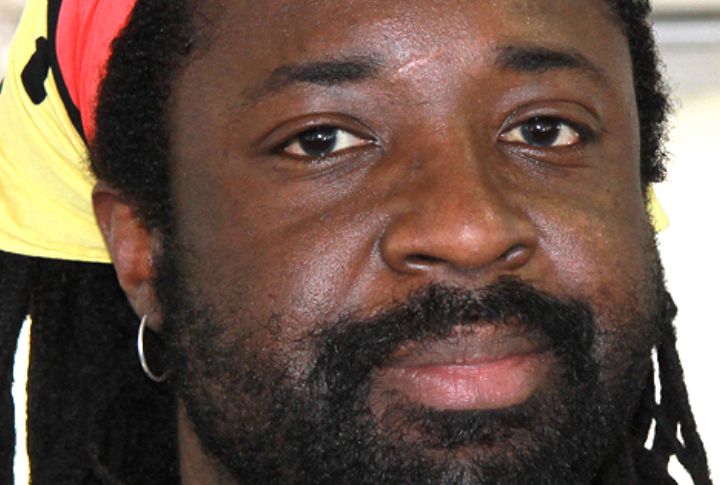
Bob Marley’s reggae music flows through every page Marlon James writes, who studied literature at the University of the West Indies before working as a copywriter plus graphic designer. James left Jamaica to gain perspective on his homeland, then won the Booker Prize for “A Brief History of Seven Killings” by weaving Caribbean folklore into brutal political history.
Zadie Smith (United Kingdom)
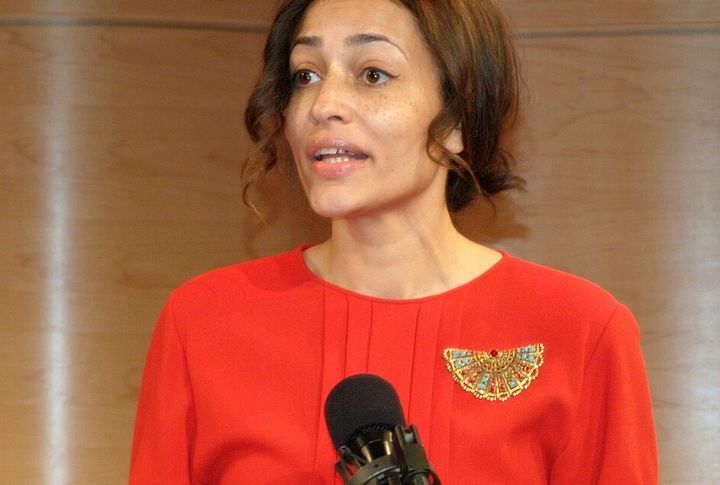
Zadie Smith rejected a record deal as a teenager, choosing literature over pop stardom. Her breakthrough novel “White Teeth” captures London’s multicultural chaos where different races, social classes, and generations collide daily. She now teaches creative writing at NYU while continuing to dissect British society.
Dany Laferriere (Haiti)
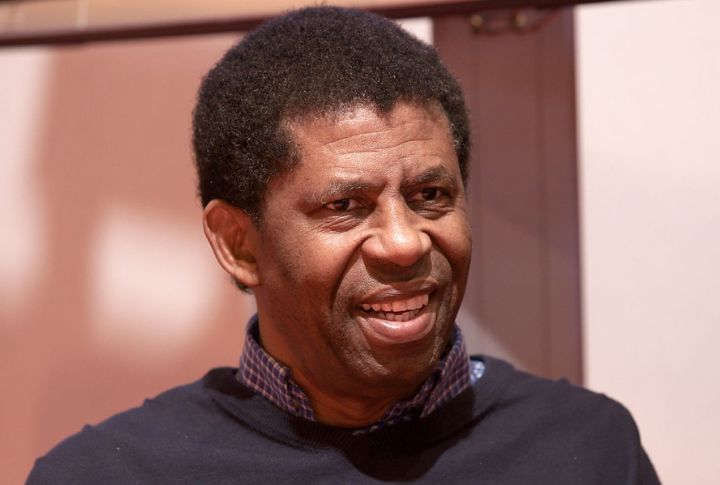
Bookstores banned Dany Laferriere’s provocative debut novel, “How to Make Love to a Negro Without Getting Tired,” but controversy only made readers more curious. The brutal Duvalier dictatorship forced him to flee Haiti. Laferrere then worked as a Montreal journalist before becoming a novelist, eventually becoming the first Haitian elected to France’s prestigious French Academy.
Imbolo Mbue (Cameroon)
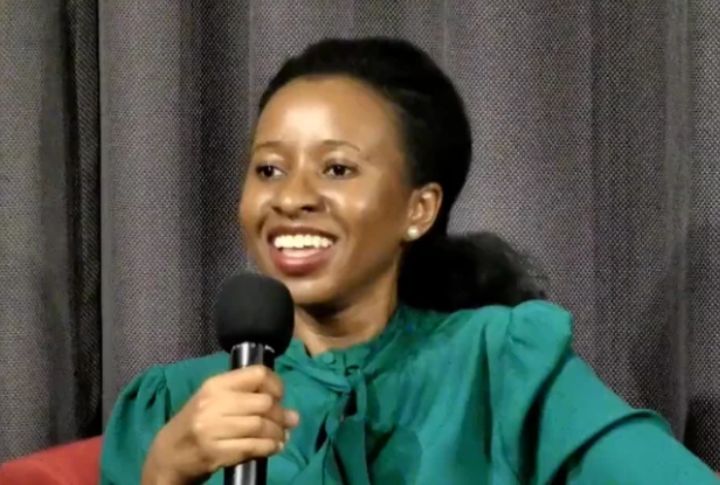
Trump Tower’s imposing presence inspired Imbolo Mbue to write about immigrants chasing the American dream—the idea that hard work alone can lead to success in America. Her novel “Behold the Dreamers” follows an African family working for a Wall Street executive during the 2008 financial crisis. The novel earned her the PEN/Faulkner Award.
Alain Mabanckou (Republic Of The Congo)
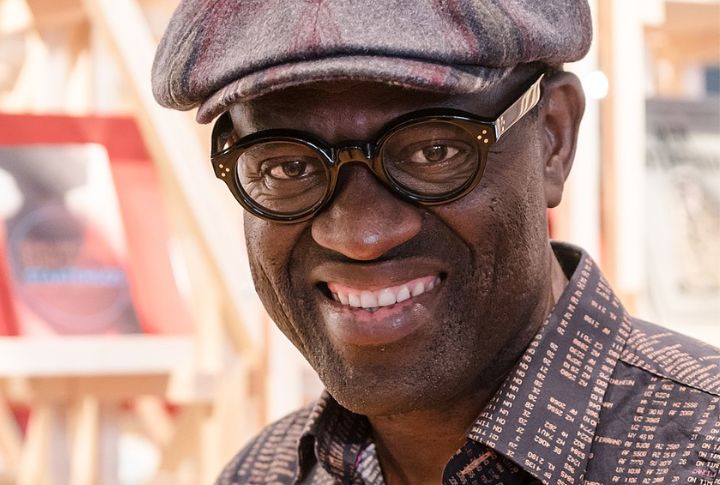
Critics call Alain Mabanckou the “Samuel Beckett of Africa” because his satirical novels use absurd humor to expose serious problems. His book “Broken Glass” tears apart postcolonial Africa’s corruption through a drunk narrator’s ramblings. Mabanckou grew up in Pointe-Noire, which appears in most of his stories. Today, he teaches literature at UCLA and France’s prestigious College de France.
Trevor Noah (South Africa)
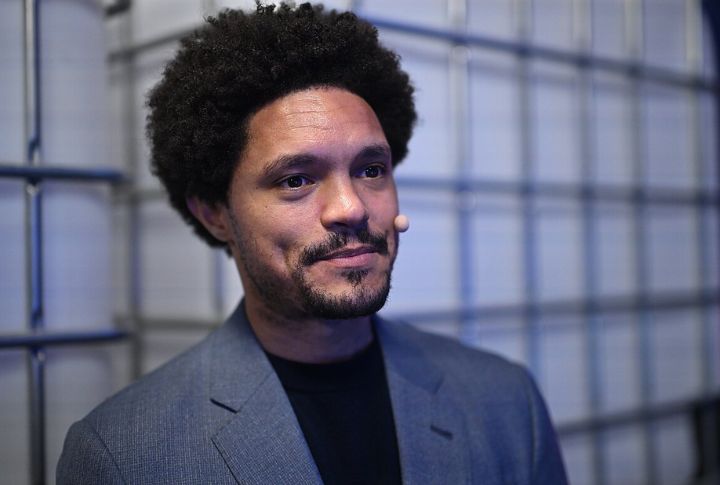
Trevor Noah’s mother literally threw him from a moving car during apartheid to save his life from violent police. His memoir “Born a Crime” explains how mixed-race children were illegal under South Africa’s discriminatory laws. Noah started as a radio DJ before becoming one of the first comedians to make global audiences understand South African social problems.
Bernardine Evaristo (United Kingdom)
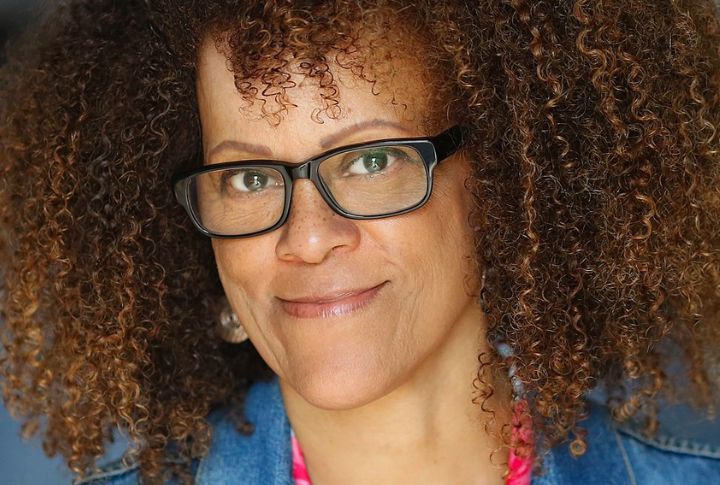
Mainstream stages ignored Black women’s stories, so Bernardine Evaristo co-founded Britain’s first Black women’s theater company. She made history by becoming the first Black woman to win the Booker Prize for “Girl, Woman, Other.” Evaristo explores Afro-British identity across different generations in experimental formats that blend poetry with prose.
Tsitsi Dangarembga (Zimbabwe)
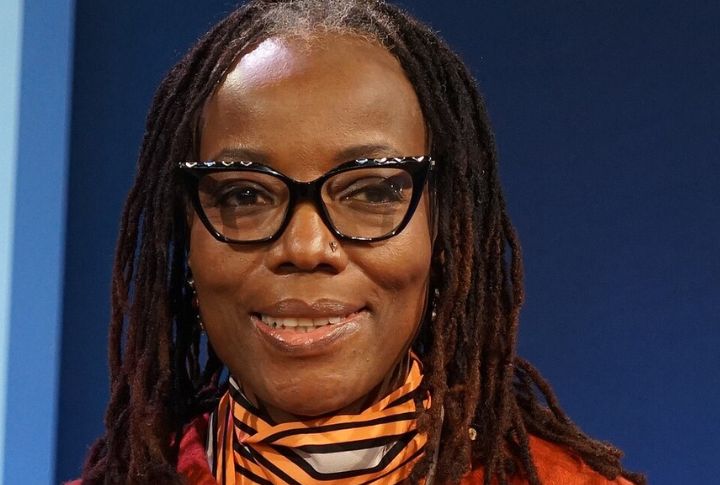
Tsitsi Dangarembga broke barriers when “Nervous Conditions” became the first novel published in English by a Black Zimbabwean woman. She studied psychology and scriptwriting in Germany before returning to Zimbabwe as both a filmmaker and a political activist. Her 2020 Booker Prize shortlisting proved her continued relevance in examining African women’s struggles against patriarchy.

